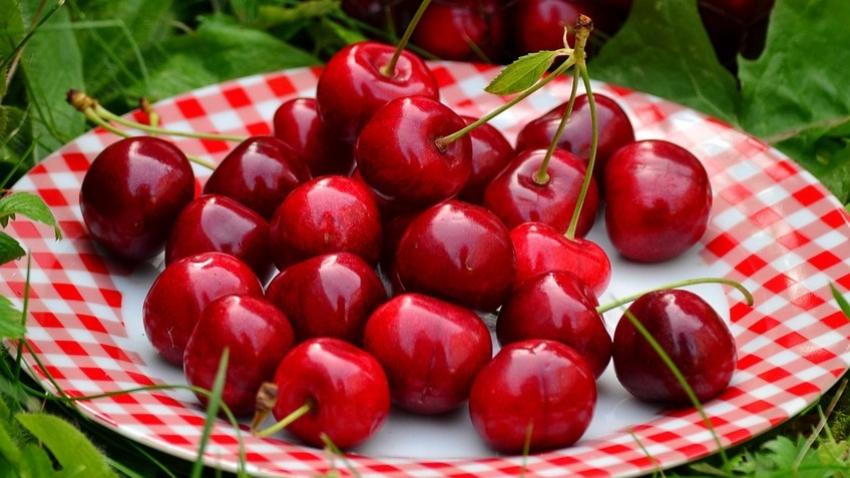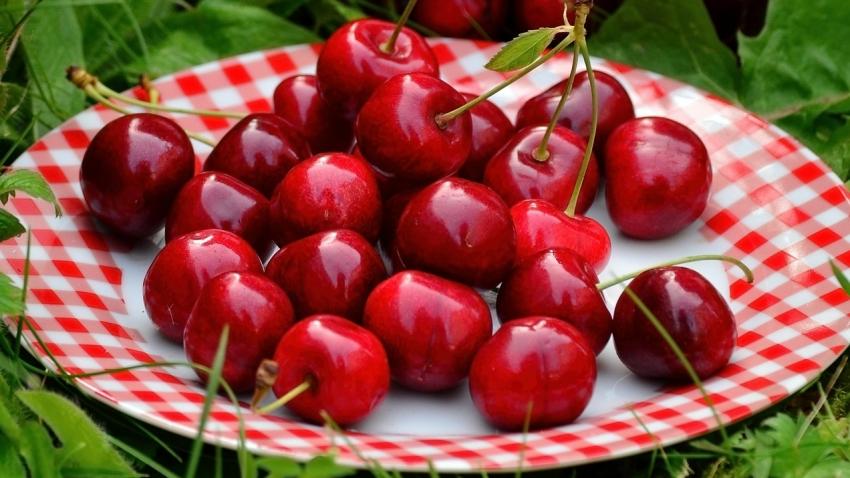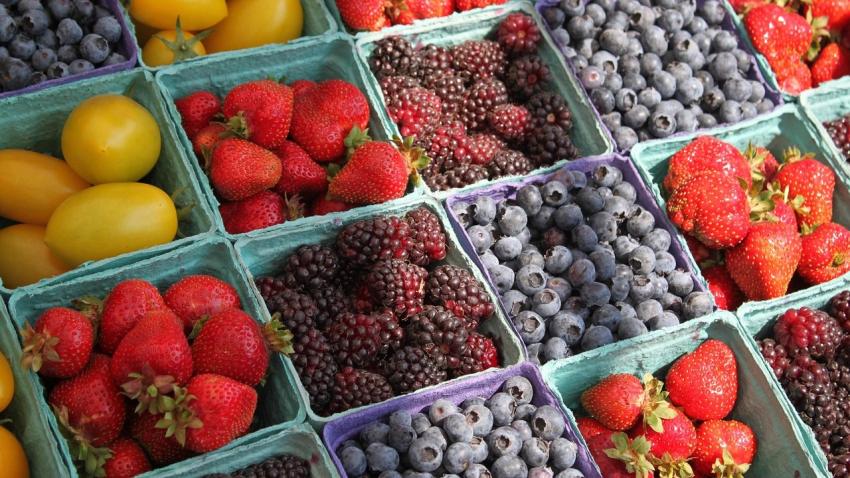You are here
Back to topChilean Cherries Shine in China’s Regional Markets During Chile Week Chengdu

The Chile Agro-Food Seminar staged by Chilean export promotion bureau ProChile and fruit exporters association Frutas de Chile in Chengdu on Dec. 5 placed a spotlight on Chilean cherries, a flagship product driving the South American country’s agricultural export success in China. Part of the broader multicity Chile Week in China program organized by ProChile, this event saw Frutas de Chile President Ivan Marambio make an appearance as a featured panelist.
Also at the event, the Chilean Cherry Committee of Frutas de Chile participated in exclusive interviews, where it unveiled key elements of its current promotional activities in China for Chilean cherries, whose season is now kicking into high gear.
.jpg)
Cherries Take Center Stage
This year, Chile Week was held in December rather than August or September as in previous years. This timing was ideal for Chilean cherries to take the Chile Week spotlight because they have recently come into season, according to Claudia Soler, executive director of Frutas de Chile’s Chilean Cherry Committee. “Chile Week in December is perfect for us. We have cherries to offer, allowing us to conduct events with the actual product in hand,” she explained.
Soler highlighted the twofold strategy being used to promote cherries in China: increasing consumption among existing fans while attracting new consumers, particularly younger demographics. “We need to boost purchase frequency and volume among current fans and introduce cherries to those unfamiliar with our category,” she said.
A Shift to Regional China
One major difference in Frutas de Chile’s Chilean cherry promotions for the 2024/25 season is its Regional China Strategy, which emphasizes tier 2 markets such as Chengdu over traditional tier 1 cities such as Shanghai and Beijing. This strategic pivot aims to bring Chilean cherries to untapped markets, fostering awareness and increasing accessibility. “We are not neglecting tier 1 cities,” explained Soler, “but the majority of our resources are now allocated to cities where the potential for growth is immense.”
.jpg)
Expanding Partnerships With Chinese Agriculture
A major theme of the Chile Agro-Food Seminar was the commonalities between Chile and Sichuan province, of which Chengdu is the capital. Agriculture and aquaculture are vital to the economies of both, and the event brought together representatives of these sectors from across industry and government and across Chile and Sichuan.
As highlighted during a panel discussion at the event, Sichuan is taking part in China’s burgeoning domestic cherry-growing industry, which runs counterseasonally to Chile’s. When asked about future cooperation between the two countries’ cherry industries, Soler stated, “We’re very open to have a dialogue with Chinese producers to see how we can cooperate. In the end, all of us in the Northern Hemisphere countries and the Southern Hemisphere countries are trying to increase the cherry category.” Soler also stressed the mutual goals of both Chile and China: growing the cherry category and delivering high-quality products to consumers.
A Path to Year-Round Success
“Chile Week is an opportunity to create or to deepen the awareness of fruits from Chile,” said Marambio. “One of our objectives is to be present in the market all year round. This is one of the activities that has the same goal: to be present in this market, and in that way to create more awareness. In the end, greater awareness will create more consumption of our fruit.”
Marambio listed the excellence of Chile’s climate, landscape and cultivation techniques, the high degree of sustainability within its fruit industry, and its deep agricultural heritage as reasons why Chinese consumers will continue to expand their appetites in coming years, for not only cherries but also other stone fruits, new blueberry and table grape varieties, and more.
“In Chile — and this is very important for me in personal terms — we are producing fruit in the landscape,” said Marambio. “If our fruit had eyes, it would be looking out over the ocean on one side and a beautiful mountain range on the other. Members of the Chilean fresh fruit sector are farmers in their blood, their hearts. They were born in a society where one of the most important things was working the land. This heritage is reflected in the development of the industry that you see today.”
Images: Frutas de Chile
This article was translated from Chinese. Read the original article.















Add new comment